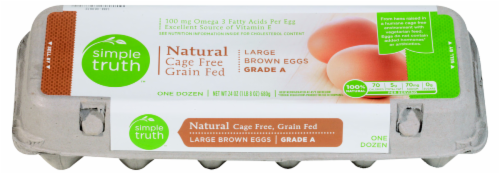I love how YouTube has videos on every single topic imaginable. I love how the first video uploaded on YouTube was a video talking about long elephant trunks being cool. I love how people talk about what they ate for lunch today, what obviously very interesting thing they'll be doing later, and mindless rants about important subjects like pineapple on pizza. I love how TV programs upload segments of their show just so people can rewatch the same thing over and over again because that's all they can watch. I love how people react to other videos and have none of their own, because it's very original. I love how people reupload videos from other places, because obviously I'm too lazy to watch them elsewhere. I love how numerous videos are just memes and not people's own jokes, as I need my daily dose of edgy children listening to "Darude - Sandstorm" while shooting 360 No Scopes.
I love how YouTube works. I love how Content ID functions perfectly and has not missed millions of illegal videos. I love how people can get copyrighted for content not even in their video. I love how people are paid based on the amount of views they have, and the most popular videos are always shown near the top. I love how YouTube Red exists, as I want to support creators by paying money to watch ten videos despite them getting millions from hundreds of other videos of basically the same topic. I love how even if I want to watch YouTube Red, I am unable to because I live somewhere that's not America. I love how YouTube's comment filter allows comments like "first" or "1 subscribe = 1 girlfriend", so I can see the incredible insight people have about the video. I love how YouTube recommends me videos of my favorite topic, sports, despite never watching a single video on sports. I love how YouTube removed active subscribers from people they were subscribed to along with actual inactive subscribers.
I love the people who make content on YouTube. I love how many have quit their job and make a living off of videos of playing games people are too lazy to go out and buy. I love the people who ask for subscribers or likes, as they need to "remind" their viewers to hit those buttons. I love how people put pictures of women in their thumbnails for Call of Duty videos. I love how singers who have bots post videos for them have some of the most subscribers because people don't listen to radio anymore. I love how the most subscribed to person on YouTube makes videos of him shoddily performing a skit or creating contests to make memes of himself.





